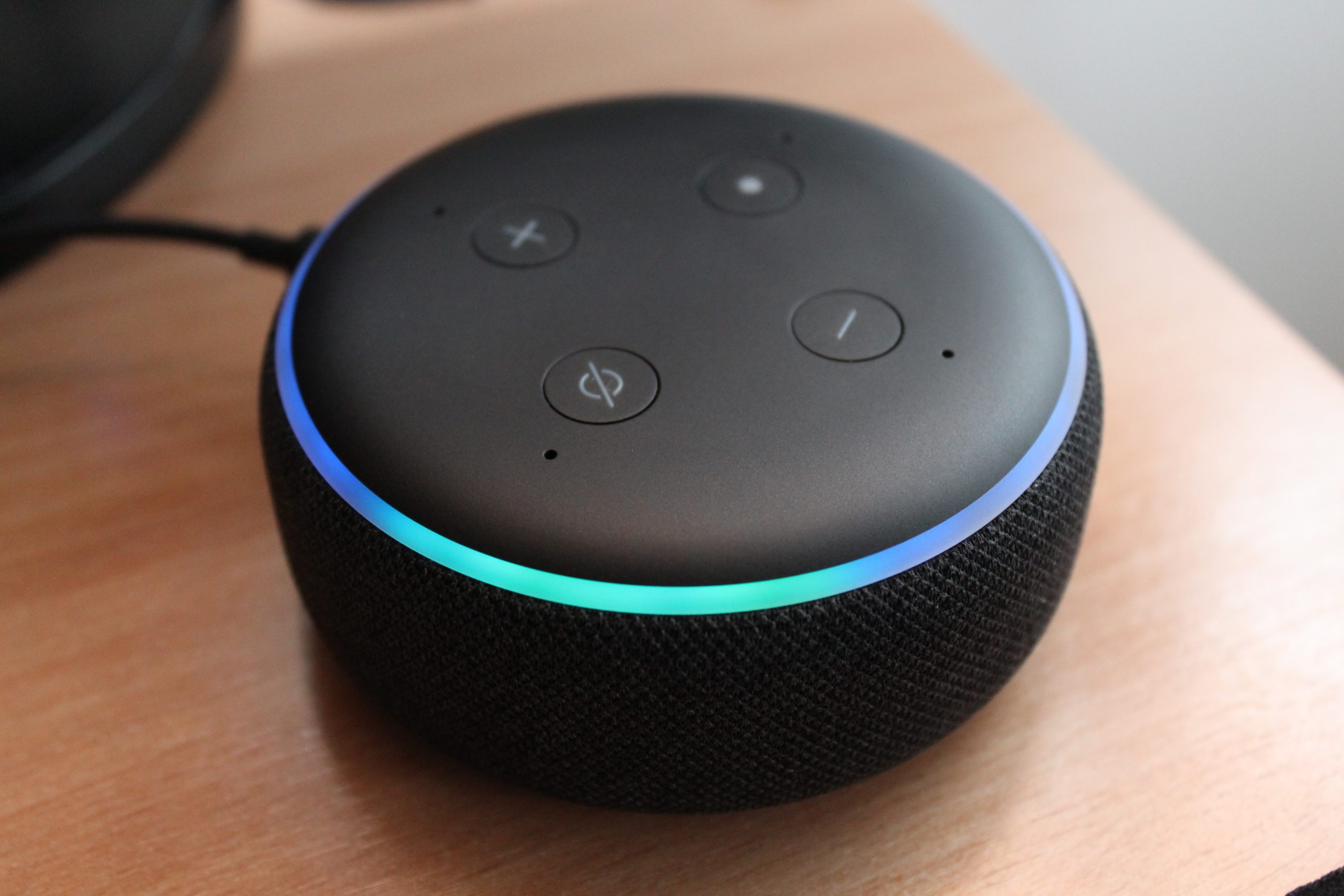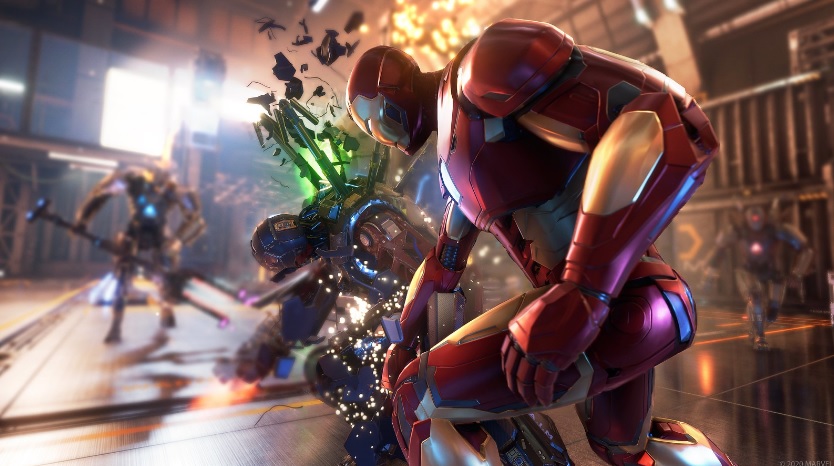Covid: How long does immunity last after infection | Corona Virus
8 min read
With the spread of new variants, especially omicron-derived sublines such as Bachelor 2 and the Bachelor 5Infections are again becoming more common – in some individuals, a second episode of the disease occurs within a very short period of time, a few weeks after the first episode.
And while the window for immunity can vary from a few weeks to a few years from person to person, the latest scientific evidence allows us to understand a little better about how our defense cells work, how long this protection typically lasts and what factors are involved. That makes it easier to come into contact with the coronavirus over and over again.
But first of all, how does our immune system work during a viral infection?
It all starts when the virus invades the body and starts using our cells to make new copies of itself.
At one time or another, this abnormal process attracts the attention of defense units, which initiate a counterattack to contain the expansion of the pathogen.
This work includes a real battalion of cells, two of which can be distinguished among the most important: T and B lymphocytes.
T lymphocytes are responsible for coordinating the immune response. They recognize infected cells and kill them.
On the other hand, B lymphocytes are responsible for producing specific antibodies, a kind of “personal antidote” that attaches to and inactivates viruses.
“It is as if the T lymphocytes fire a missile that destroys the diseased structure. Thus, the remaining viruses are neutralized by B-cell antibodies,” says Antonio Condino Neto, professor of immunology at the university’s Institute of Biomedical Sciences. Sao Paulo. (USP).
If all this work succeeds, the infection will eventually be controlled and the viruses completely eliminated from the body.
This, in turn, generates a kind of learning for the immune system. For a while, the circulating defense cells knew what to do if the virus in question decided to try a new invasion.
A similar protective mechanism occurs during vaccination – with the advantage that the immune units are “trained” without the body suffering from a real pathogenic action.
But then comes an important question: How long does this immunity last?
The answer to this question varies greatly depending on the virus and the characteristics of each one.
“On the one hand, there are diseases like measles or rubella, which usually strike us at most once in a lifetime and that’s it,” Kondino-Neto says.
“On the other hand, we have the flu, Covid and the common cold, which we can catch multiple times,” he compares.
But what distinguishes one group from another?
There are many reasons that help to understand why immunity in some cases persists for many years (or even forever) and in others, it quickly disappears.
One of the main factors is related to the characteristics of the virus and its interaction with our body.
Let’s start with the stable portion of these pathogens that remain largely the same over decades or centuries.
This feature is good news for the immune system, which is able to recognize the infectious agent and recall instructions for how to combat it, thanks to a previous infection or vaccination.
Now, imagine the opposite scenario, what happens when viruses spread too fast and it’s a real walking shift?
This is the case with Sars-CoV-2, the coronavirus responsible for the current pandemic: it suffers genetic mutations At all times, as it is transmitted from person to person.
If these changes bring advantages to the pathogen—such as an easier way to infect cells or the ability to evade an immune response, for example—then it will thrive.
This is the method used by the file worrying variables. These new versions of the virus are gaining momentum and are behind its re-release in waves of cases, hospitalizations, and deaths.
Over the past two and a half years, we’ve seen this phenomenon occur at least five times, with alpha, beta, gamma, delta and omicron variables arriving.
Recently, the emergence of omicron-derived sub-variants, such as BA.2 and BA.5, has further accelerated and deepened this process.
In short, all of these strains carry genetic changes that appeared in the “original” virus, which was first detected in January 2020 in the Chinese city of Wuhan. China.
From the standpoint of our defenses, this fact is very bad news. This is because the immune response obtained through a previous infection or vaccination is becoming increasingly outdated.
Over time – and the emergence of new variants with more diverse genetic mutations – the result of the work of B lymphocytes becomes less effective.
This is because the antibodies they make are specifically assembled to neutralize the cause of the first infection — or preferably compatible with the original vaccine formula, which carries instructions to fight older versions of the virus.
In other words, if a variant trying to invade the body presents significant changes in the structure, those antibodies are no longer able to act as expected.
what is happening now?
This process of viral optimization appears to be far from over: since late 2021 and early 2022, several omicron sub-variants have been discovered.
Lines such as BA.2 and BA.5 have a greater ability to infect our cells and escape previous immunity.
This in turn makes frames of infection increasingly frequent and with short windows compared to the first Covid episode – after all, there is an incompatibility between the virus that our immune system recognizes and the versions that are currently circulating.
“The virus finds a way to hack our defenses,” Kondino Neto notes.
A survey conducted by the Danish Institute of Serologywhich has not been published in any specialized journal, became one of the first to draw attention to the fact that reinfection with the BA.2 variant can occur shortly after a person has been affected by BA.1 (“omicron” original”).
In the article, researchers describe rare cases of people who developed a second case of COVID-19 with BA.2 about 20 days after they first tested positive with BA.1.
Let us be clear: from what is known so far, such cases, in which Covid recurs within a few days, are atypical and the tendency is for immunity to persist for at least a few months.
Survey conducted at Yale and Temple Universities, both in United Stateand published in December 2021 in The Lancet, estimated that in an endemic state, reinfection could occur in a time window of three months to five years.
It should be noted that the study was conducted prior to the proliferation of omicron and its sub-variants, which may have interfered with this window of immunity.
“In addition, in cases where a person has had the same disease twice in less than 45 days, we need to assess whether the virus has been ‘hidden’ for a period of time and the infection has subsequently reactivated,” differentiates immunologist Luis Vicente Rizzo, MD. Research Supervisor at Israel Albert Einstein Hospital in São Paulo.
“We have evidence that the coronavirus is able to hide in the central nervous system and testicles for a period, when the immune system has limited action,” he adds.
While science is still trying to piece all the pieces of this puzzle together, there is a greater consensus that the coronavirus always modifies itself in ways that go unnoticed by the immune system.
Study released in June 2022 by Imperial College of LondonIn the United kingdomrevealed that People with microns have a weaker immune response With little ability to prevent new cases of Covid, even among those who have already had Covid in the past and have been vaccinated with three doses.
Specialists even classified the circulating sub-variables as “disguised”, due to their ability to act unobtrusively from defense cells.
Research has shown that these new viral copies do not leave a “mark” on defensive cells, so they do not remember well how to fight off the virus since then.
“Omicron infection does not represent a strong immune booster against future re-infection,” Professor Rosemary Boyton, lead author of the work, explains in a press release.
Great news with an expiration date?
Despite the many changes in the relationship between the coronavirus and our immunity, at least one thing continues to work relatively well most of the time: Protecting vaccines from complications, hospitalizations, and deaths related to Covid.
This protection occurs through activation of the immune system’s memory and the action of cells such as T lymphocytes.
In practice, the coronavirus is able to enter the body and evade the antibodies in the first stage.
But soon a battalion of immune cells controlled by T lymphocytes enters the scene, controlling the situation and preventing the virus from gaining ground and causing more serious symptoms.
“The virus even gets in and causes discomfort, but thanks to the immune memory, it quickly takes the ‘inverted’ and leaves,” Kondino-Neto says.
This is exactly what we have seen over the past few months: Although omni is behind record Covid cases, hospitalizations and deaths have not risen at the same rate.
And even in people who test positive for a second or even third time, the trend is for the condition to be milder, characterized by symptoms usually similar to the common cold, such as a runny nose, cough, and sore throat.
“That is why it is so important for people to be aware of their vaccination schedule. Those who are late in taking their doses should hurry to take their doses,” Kondino-Neto suggests.
According to the CoronavirusBra1 portal, only 51% of the Brazilian population has taken the third dose of the vaccine, which is necessary to extend protection against the most dangerous forms of Covid.
Researcher USP It boosts that the immune system helps “wake up” the immune system and “increases your chances of getting covid again, you’ll have a milder form of the disease.”
In addition to keeping up with vaccinations, Rizzo adds, we can’t “let our guard down” with other preventative measures.
“Coronavirus did not come from another planet. We just wearing a mask And be careful not to succeed,” he explains.
“We don’t have to wait for the government to say we need to take care of ourselves. Everyone should think about their responsibility in this story.”
The immunologist cautions that, given the recent history of mutations and variants, the hypothesis that an aggressive version of the virus may emerge that could completely escape the protection of available immune systems is not excluded.
“Every time someone gets infected, we get into some kind of lottery. Will the mutated Corona virus get out of there escape vaccines?”, Asked.
According to the Information Committee of the National Council of Health Secretaries (CONAS), the daily moving average of new cases of Covid-19 in Brazil exceeds 57 thousand.
“Our current behavior only encourages this scenario to become a reality,” he says.
Boyton, of Imperial College, agrees with his Brazilian colleague. “The concern is that omnin is likely to undergo more mutations and become a more pathogenic variant, or be able to overcome vaccine protection.”
He concludes, “In this scenario, people who have previously detected this species would be less protected by microns, depending on their immune properties.”
The text was published in https://www.bbc.com/portuguese/geral-62098817

“Musicaholic. Thinker. Extreme travel trailblazer. Communicator. Total creator. Twitter enthusiast.”







